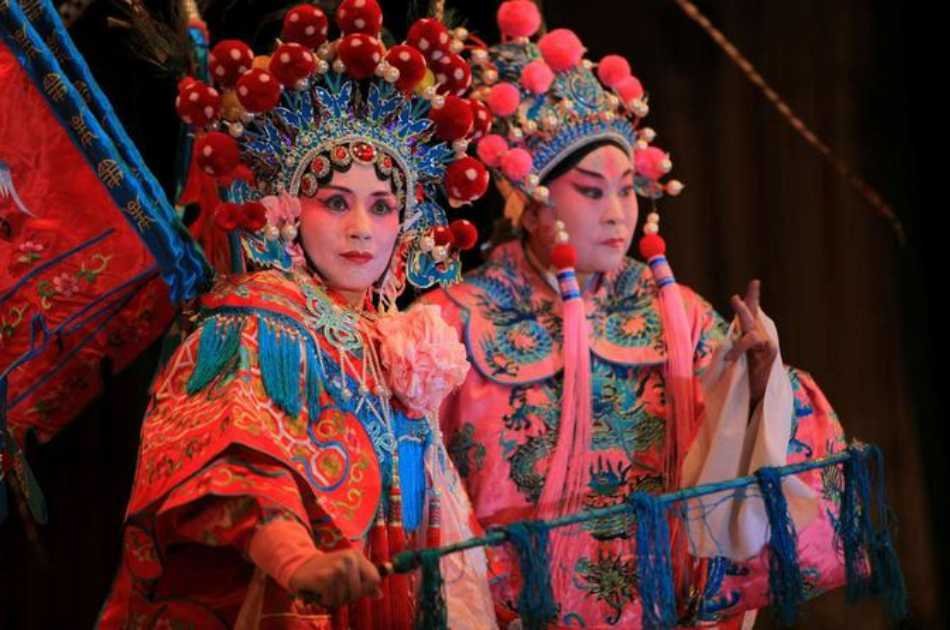


They attracted a diverse audience and occupied an obviously dominant position among all the troupes performing in Beijing.ĭuring the reigns of Jiaqing and Daoguang, a group of Handiao actors came to Beijing to perform together with the Hui troupes. As Qianlong entered his 56th year on the dragon throne (1791) various Siqing and Wuqing Hui Opera Troupes filtered into Beijing, and by the reign of the Emperor Jiaqing many other Hui opera troupes had come to and performed in Beijing, including the Sanqing Sixi, Hechun and Chuntai, known as the "big four." At that time, Hui opera troupes mainly performed Hui Erhuang, Qin Xipi and other local folk tunes. After the celebration ended the troupe stayed on in Beijing and gave performances for the public. In the 55th year of Qianlong's reign (1790), the Sanqing Hui Opera troupe was summoned to Beijing to celebrate the emperor's 80th birthday. For a short while, qinqiang dominated the performing arts in Beijing. After that many quyi entertainers wanted to follow in wei's footsteps and join qin troupes. In 1779, Wei Changsheng, an actor from Sichuan, went to Beijing to perform qinqiang and took the capital by storm with his interpretation of the play Gunlou. Jingqiang (the tunes of Beijig), qinqiang (tunes from Shaanxi), bangziqiang (songs using the bangzi), yiyangqiang (the runes from Jiangxi), luoluoqiang (songs from Hubei) and erhuang were all in vogue. During the reign of Emperor Qianlong, "Huabu" arose (encompassing all local operas except kunqu). The genesis of Peking Opera began when Hui Opera troupes first arrived in Beijing.ĭuring the Qing Dynasty, opera became very popular with Beijing audiences.

The Formation and Development of the Peking Opera But in the end, it has still been passed down from generation to generation and maintained a loyal following because of its immense vitality. As it developed, Peking Opera has experienced periods of full bloom, diminishing popularity and near extinction. But, by maintaining the heritage of traditional opera and absorbing so much from other local arts, it came to dominate the theaters of the imperial capital and enjoyed rapid growth. First conceived and developed in Beijing (Peking), Peking Opera has only been performed for 200 years or so. Thus it is a graceful and consummate art which combines the best elements of literature, music and dance. Like any other traditional opera, Peking Opera tells stories through movement, singing and elaborate dancing. However, it has become the important and influential opera form for Chinese audiences and is now regarded as a nationally accepted form. Among all traditional Chinese operas, Peking Opera is a relatively newcomer.


 0 kommentar(er)
0 kommentar(er)
